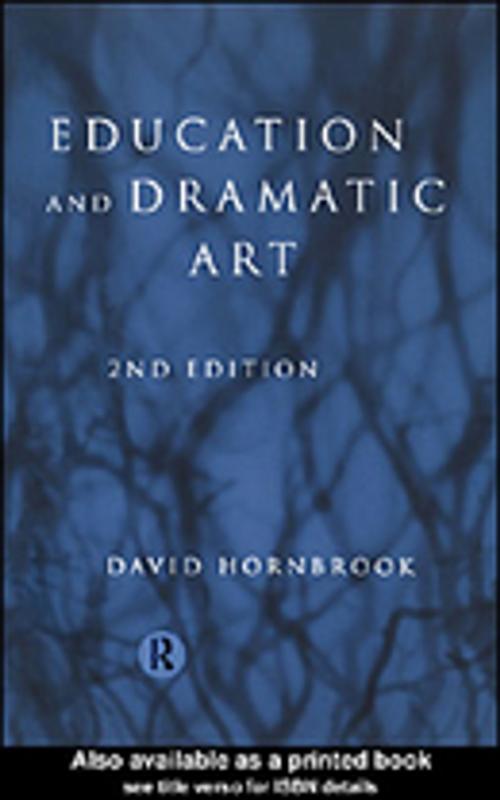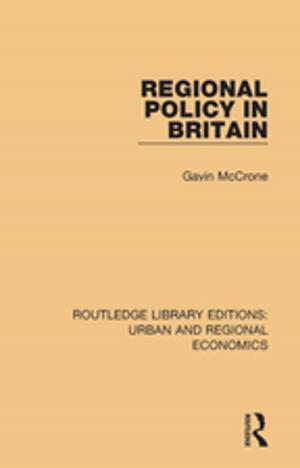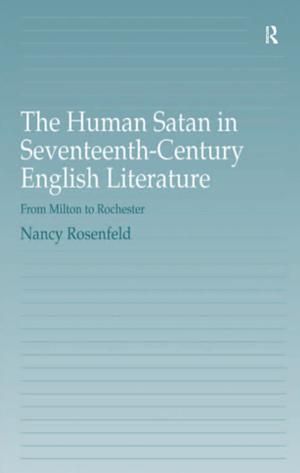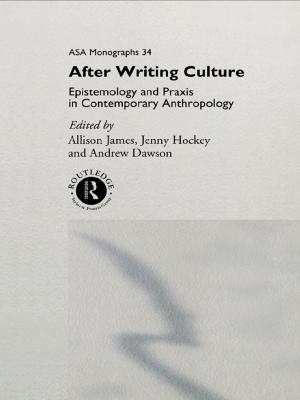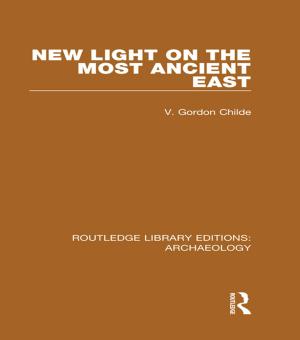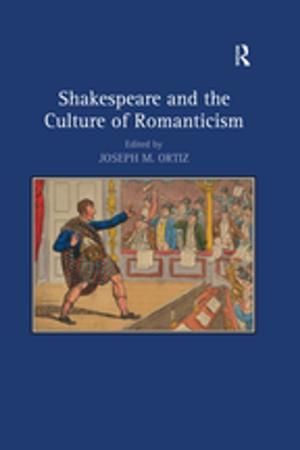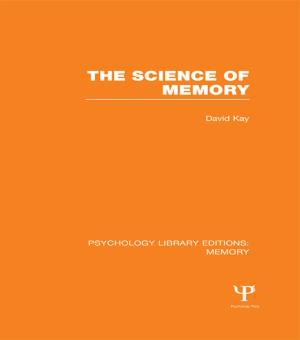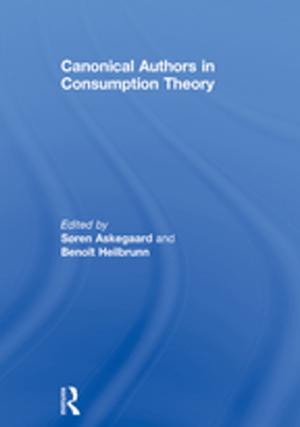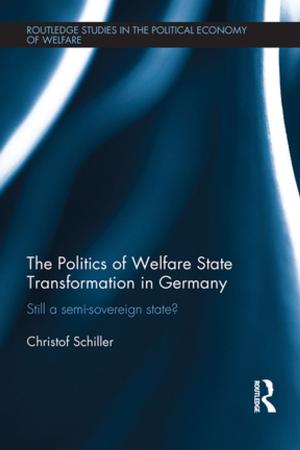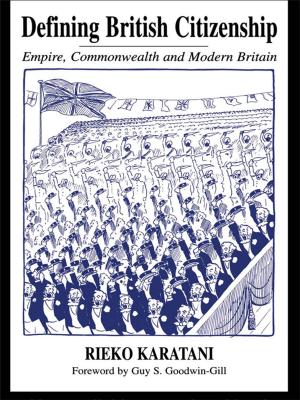| Author: | David Hornbrook | ISBN: | 9781134702275 |
| Publisher: | Taylor and Francis | Publication: | January 4, 2002 |
| Imprint: | Routledge | Language: | English |
| Author: | David Hornbrook |
| ISBN: | 9781134702275 |
| Publisher: | Taylor and Francis |
| Publication: | January 4, 2002 |
| Imprint: | Routledge |
| Language: | English |
To this day, Education and Dramatic Art remains the only fully worked critique of drama education in schools. Provocative and iconoclastic, this new edition brings the argument up-to-date and locates the author's proposals for a curriculum based on the making, performing and appraisal of dramas securely in the evolving culture of schools.
The first section of the book traces the origins and fortunes of drama in schools in the context of changing political times and argues that by neglecting the customs and practices of the theatre, drama-in-education has often kept from the students it professes to empower, the very knowledge and understanding necessary for them to take command of their subject.
Part two examines the developmental and pedagogic claims of drama-in-education. Theories of knowledge and meaning and assumptions about schools drama's power to establish a moral and social agenda, are all called to account.
Finally, Education and Dramatic Art proposes a multiculturally-based, theoretical structure for the teaching of drama which pulls the theatre and the classroom together and offers teachers the foundation for a broad and balanced drama curriculum with its own distinctive body of knowledge and skills.
To this day, Education and Dramatic Art remains the only fully worked critique of drama education in schools. Provocative and iconoclastic, this new edition brings the argument up-to-date and locates the author's proposals for a curriculum based on the making, performing and appraisal of dramas securely in the evolving culture of schools.
The first section of the book traces the origins and fortunes of drama in schools in the context of changing political times and argues that by neglecting the customs and practices of the theatre, drama-in-education has often kept from the students it professes to empower, the very knowledge and understanding necessary for them to take command of their subject.
Part two examines the developmental and pedagogic claims of drama-in-education. Theories of knowledge and meaning and assumptions about schools drama's power to establish a moral and social agenda, are all called to account.
Finally, Education and Dramatic Art proposes a multiculturally-based, theoretical structure for the teaching of drama which pulls the theatre and the classroom together and offers teachers the foundation for a broad and balanced drama curriculum with its own distinctive body of knowledge and skills.
